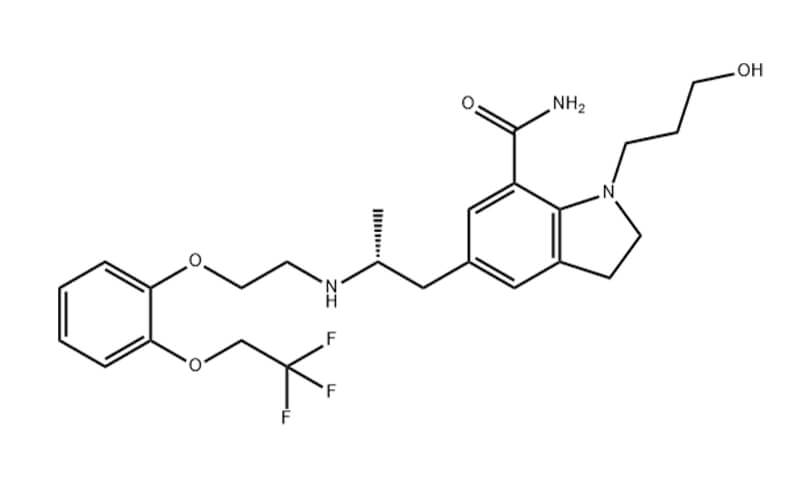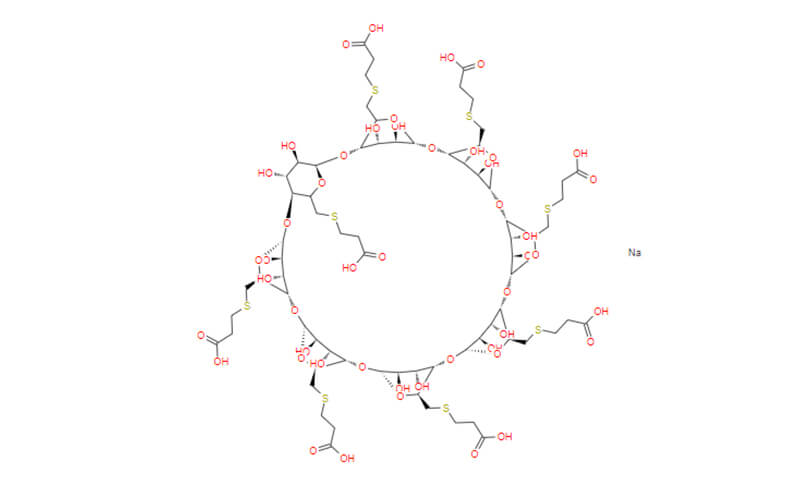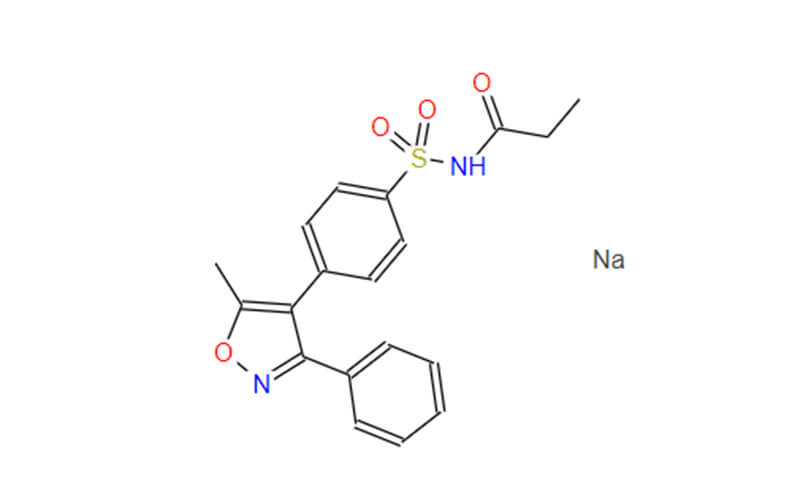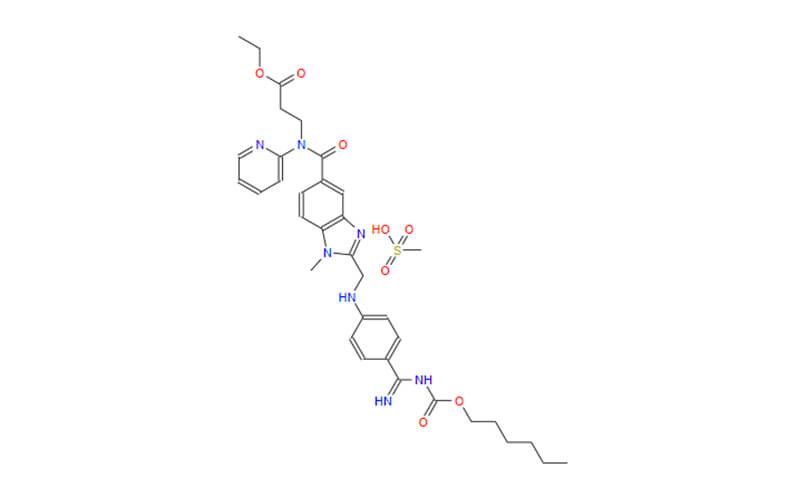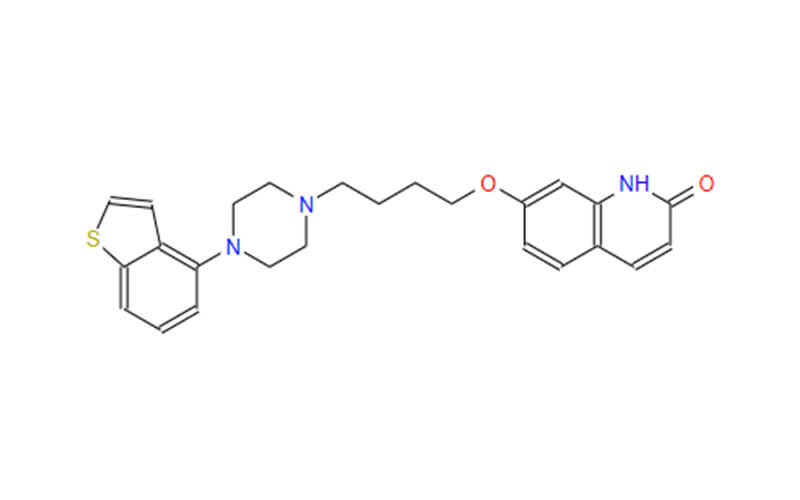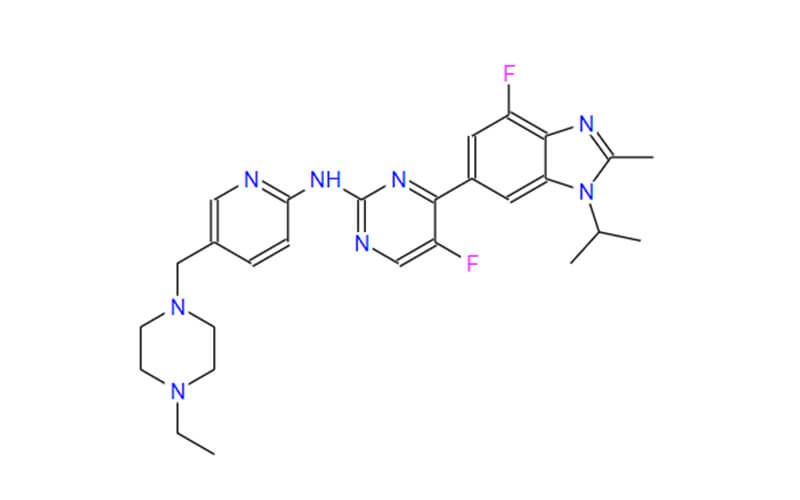Axitinib: A Targeted Therapy for Advanced Renal Cell Carcinoma
Advanced renal cell carcinoma (RCC) is a serious form of kidney cancer. It is the most common type of kidney cancer, accounting for roughly 90% of all cases. For patients with advanced RCC, treatment options have shifted in recent years from traditional chemotherapy to targeted therapies. These targeted therapies focus on specific molecular pathways involved in cancer cell growth and survival, offering a potentially more precise approach with fewer side effects. Axitinib is one such targeted therapy approved for the treatment of advanced RCC.
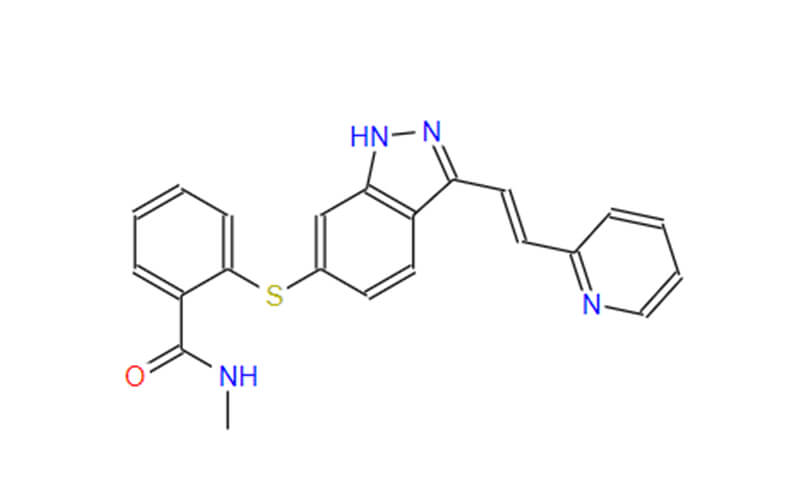
Understanding Axitinib API
The Active Pharmaceutical Ingredient (API) of axitinib is the core component responsible for its therapeutic effects. Chemically, axitinib is classified as an indazole derivative and appears as a white to off-white crystalline powder. The API forms the foundation for the final medication, which is typically administered in tablet form. The precise formulation and stringent quality control measures ensure the consistency and efficacy of the drug in treating advanced RCC.
Is Axitinib a Chemotherapy Drug?
No, axitinib is not a chemotherapy drug. Chemotherapy drugs work by broadly targeting rapidly dividing cells, including both cancer cells and healthy cells. This can lead to a range of side effects, such as hair loss, nausea, and fatigue.
Axitinib, on the other hand, is a type of targeted therapy. It specifically targets a protein called vascular endothelial growth factor receptor (VEGFR). VEGFR plays a crucial role in angiogenesis, the formation of new blood vessels. Tumors require a constant supply of blood to grow and spread. By inhibiting VEGFR, axitinib disrupts the growth of new blood vessels feeding the tumor, potentially slowing or stopping tumor progression.
Pharmacological Action of Axitinib
The pharmacological action of axitinib lies in its ability to selectively inhibit VEGFRs. There are three main types of VEGFRs: VEGFR-1, VEGFR-2, and VEGFR-3. Axitinib primarily targets VEGFR-2, which is the most critical receptor for promoting tumor angiogenesis. By binding to VEGFR-2, axitinib prevents it from receiving signals that stimulate the formation of new blood vessels. This ultimately leads to reduced blood flow to the tumor and potentially hinders its growth and metastasis (spread) to other parts of the body.
Axitinib’s Mechanism of Action
Axitinib’s mechanism of action can be broken down into several key steps:
- Targeting VEGFR-2: Axitinib binds specifically to the VEGFR-2 protein on the surface of endothelial cells, which are the cells that line blood vessels.
- Signal Blockade: Once bound, axitinib blocks the binding of VEGF, a growth factor, to VEGFR-2. VEGF normally activates a signaling pathway that promotes the growth of new blood vessels.
- Angiogenesis Inhibition: By blocking VEGF signaling, axitinib prevents the activation of pathways involved in angiogenesis. This leads to the suppression of new blood vessel formation within the tumor.
- Starving the Tumor: With limited blood flow due to the lack of new blood vessels, the tumor is deprived of essential oxygen and nutrients needed for its growth and survival.

What is the Success Rate of Axitinib?
The success rate of axitinib in treating advanced RCC varies based on several factors, including the stage and grade of the cancer, as well as the patient’s overall health. Clinical trials have demonstrated promising results. One notable study reported that axitinib significantly improved progression-free survival (PFS) compared to sorafenib, another targeted therapy. PFS is a critical measure that indicates the duration during which a patient’s cancer does not worsen.
However, it is essential to acknowledge that axitinib is not a cure for advanced RCC. Its primary objective is to slow or halt cancer progression and alleviate symptoms. While axitinib has shown efficacy in many patients, it may not work for everyone, and some patients might develop resistance to the drug over time. Continuous research and clinical trials are ongoing to optimize its use and discover ways to overcome resistance.
Cost of Axitinib
The cost of axitinib can be significant and varies depending on factors such as insurance coverage, dosage, and duration of treatment. The high cost of targeted therapies like axitinib often reflects the extensive research, development, and clinical trials required to bring such medications to market. Patients are advised to discuss the financial implications of axitinib treatment with their healthcare provider and insurance company to explore coverage options and potential financial assistance programs.
Axitinib Manufacturer – Qingmu
Qingmu emerges as a key player in the story of axitinib. This company is one of the many manufacturers of axitinib API (Active Pharmaceutical Ingredient), the raw ingredient that forms the foundation of the drug. Qingmu emphasizes its commitment to stringent quality control measures and adherence to relevant regulations for API production.
It’s important to note that Qingmu is not directly involved in producing the final medication form of axitinib. Pharmaceutical companies obtain axitinib API from various suppliers like Qingmu and formulate it into the final drug product for patient use.
Side Effects and Management
Like all medications, axitinib can cause side effects, although they are generally less severe than those associated with traditional chemotherapy. Common side effects include hypertension (high blood pressure), diarrhea, fatigue, decreased appetite, and weight loss. More serious but less common side effects include bleeding, heart problems, and liver dysfunction.
Managing these side effects involves regular monitoring and proactive measures. For instance, hypertension can be managed with antihypertensive medications, dietary changes, and regular blood pressure monitoring. Diarrhea may require dietary adjustments and medications to control symptoms. It is crucial for patients to maintain open communication with their healthcare team to manage side effects effectively and adjust treatment as necessary.

Conclusion
Axitinib offers a targeted approach to treating advanced RCC by specifically inhibiting the growth and spread of tumors. While it’s not a chemotherapy drug, axitinib shows promise in its effectiveness. However, factors like success rates and cost need to be considered when discussing treatment options with a healthcare professional. As with any medication, understanding the mechanism of action and potential side effects is crucial for informed decision-making.

